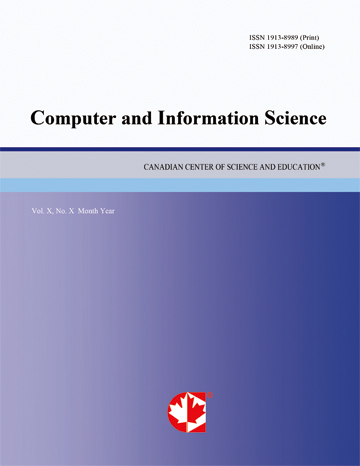Research Intelligence (CRIS) and the Cloud: A Review
- Otmane Azeroual
- Joachim Schöpfel
Abstract
The purpose of this paper is to explore the impact of the cloud technology on current research information systems (CRIS). Based on an overview of published literature and on empirical evidence from surveys, the paper presents main characteristics, delivery models, service levels and general benefits of cloud computing. The second part assesses how the cloud computing challenges the research information management, from three angles: networking, specific benefits, and the ingestion of data in the cloud. The third part describes three aspects of the implementation of current research systems in the clouds, i.e. service models, requirements and potential risks and barriers. The paper concludes with some perspectives for future work. The paper is written for CRIS administrators and users, in order to improve research information management and to contribute to future development and implementation of these systems, but also for scholars and students who want to have detailed knowledge on this topic.
- Full Text:
 PDF
PDF
- DOI:10.5539/cis.v12n4p40
Journal Metrics
WJCI (2022): 0.636
Impact Factor 2022 (by WJCI): 0.419
h-index (January 2024): 43
i10-index (January 2024): 193
h5-index (January 2024): N/A
h5-median(January 2024): N/A
( The data was calculated based on Google Scholar Citations. Click Here to Learn More. )
Index
- Academic Journals Database
- BASE (Bielefeld Academic Search Engine)
- CiteFactor
- CNKI Scholar
- COPAC
- CrossRef
- DBLP (2008-2019)
- EBSCOhost
- EuroPub Database
- Excellence in Research for Australia (ERA)
- Genamics JournalSeek
- Google Scholar
- Harvard Library
- Infotrieve
- LOCKSS
- Mendeley
- PKP Open Archives Harvester
- Publons
- ResearchGate
- Scilit
- SHERPA/RoMEO
- Standard Periodical Directory
- The Index of Information Systems Journals
- The Keepers Registry
- UCR Library
- Universe Digital Library
- WJCI Report
- WorldCat
Contact
- Chris LeeEditorial Assistant
- cis@ccsenet.org
